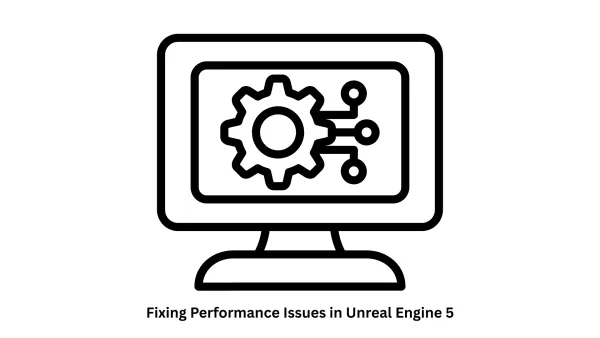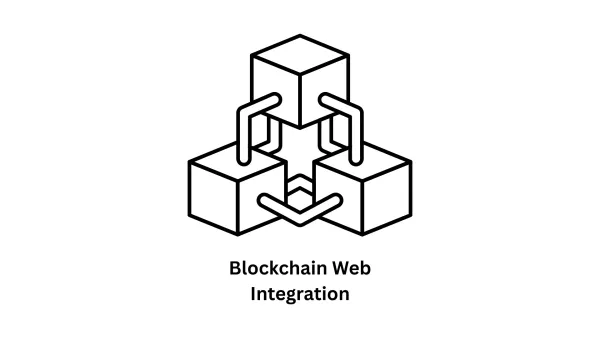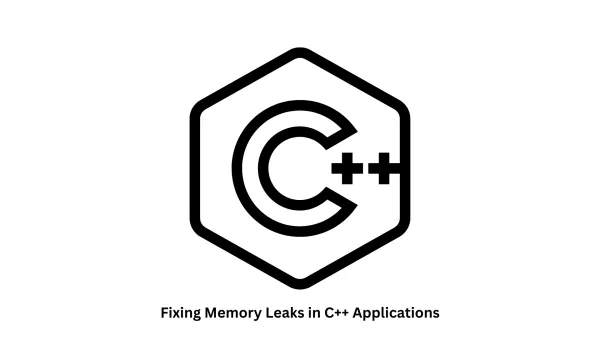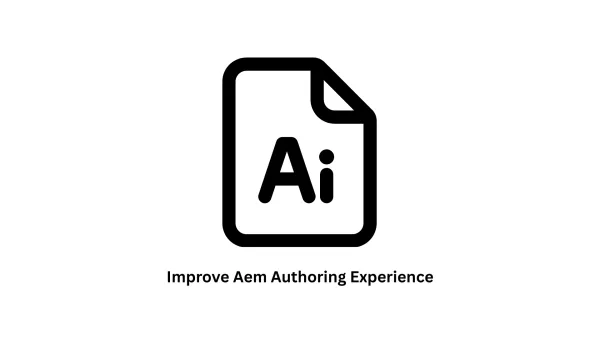The Tech Stack Behind the Best Cryptocurrency Wallets: A Developer's Guide

Cryptocurrency wallets are the gateway to the world of digital assets, acting as secure vaults for storing, sending, and receiving cryptocurrencies. Building a successful wallet requires a careful selection of technologies that prioritize security, user experience, and functionality. If you're looking to develop a wallet, partner with a skilled team like Associative, who specialize in all aspects of cryptocurrency wallet development.
Key Technologies and Platforms
- Blockchain Protocols: The foundation of any wallet is the blockchain protocol it supports. Popular choices include:
- Bitcoin: The original and most established cryptocurrency, offering a robust and secure network.
- Ethereum: A versatile platform supporting smart contracts and a wide range of tokens.
- Other Protocols: Consider Solana, Cardano, Binance Smart Chain, and more, each with unique features and advantages.
- Programming Languages: Wallet development involves various programming languages, depending on the wallet type and platform:
- JavaScript/TypeScript: Widely used for web-based and mobile wallets.
- Java/Kotlin: Common for Android wallets.
- Swift: Primary language for iOS wallets.
- Python, C++, Rust: Often used for backend and core wallet components.
- Wallet Frameworks and Libraries:
- BitcoinJS-Lib: A powerful library for working with Bitcoin.
- Web3.js: Facilitates interaction with Ethereum and EVM-compatible blockchains.
- Ethers.js: An alternative to Web3.js, offering similar functionality.
- Coinbase Wallet SDK: Simplifies the integration of Coinbase Wallet into your applications.
- Security Tools and Libraries: Security is paramount in wallet development. Essential tools include:
- Hardware Security Modules (HSMs): Protect private keys and perform cryptographic operations in a tamper-resistant environment.
- Multi-Party Computation (MPC): Distributes private key management for enhanced security.
- Encryption Libraries: Implement robust encryption algorithms (e.g., AES) to safeguard user data.
- OpenZeppelin Contracts: Provides audited smart contract templates for security best practices.
Additional Considerations
- User Interface (UI) Frameworks: Choose UI frameworks like React, Vue, or Angular for web wallets, and native UI frameworks for mobile development.
- Cloud Infrastructure: Consider using cloud platforms like AWS, Azure, or Google Cloud to host your wallet infrastructure for scalability and reliability.
- Testing and Auditing: Rigorous testing and security audits are crucial to identify and address vulnerabilities.
The Associative Advantage
Associative offers a full suite of services to bring your cryptocurrency wallet vision to life:
- Blockchain Expertise: Deep understanding of various blockchain protocols.
- Custom Development: Tailored solutions to meet your specific requirements.
- Security Focus: Prioritization of industry-leading security practices.
- User-Centric Design: Creating intuitive and engaging user interfaces.
- Full-Stack Development: Handling frontend, backend, and infrastructure aspects.
Let Associative guide you through the complex world of cryptocurrency wallet development. Contact us today to discuss your project!
Conclusion
Building a successful cryptocurrency wallet requires a combination of technical expertise, security awareness, and a focus on user experience. By leveraging the right technologies and partnering with experienced developers like those at Associative, you can create a wallet that empowers users to securely manage their digital assets.
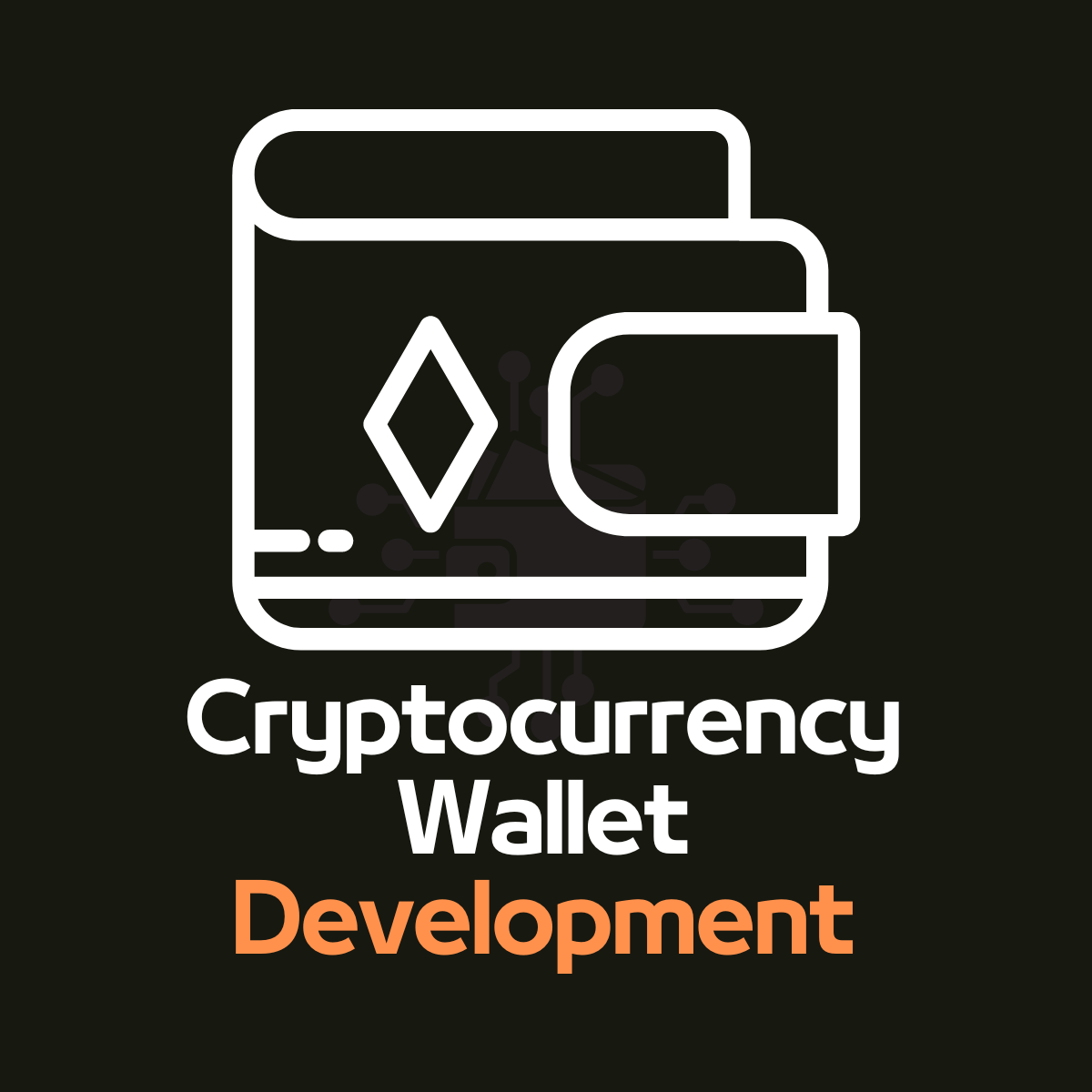
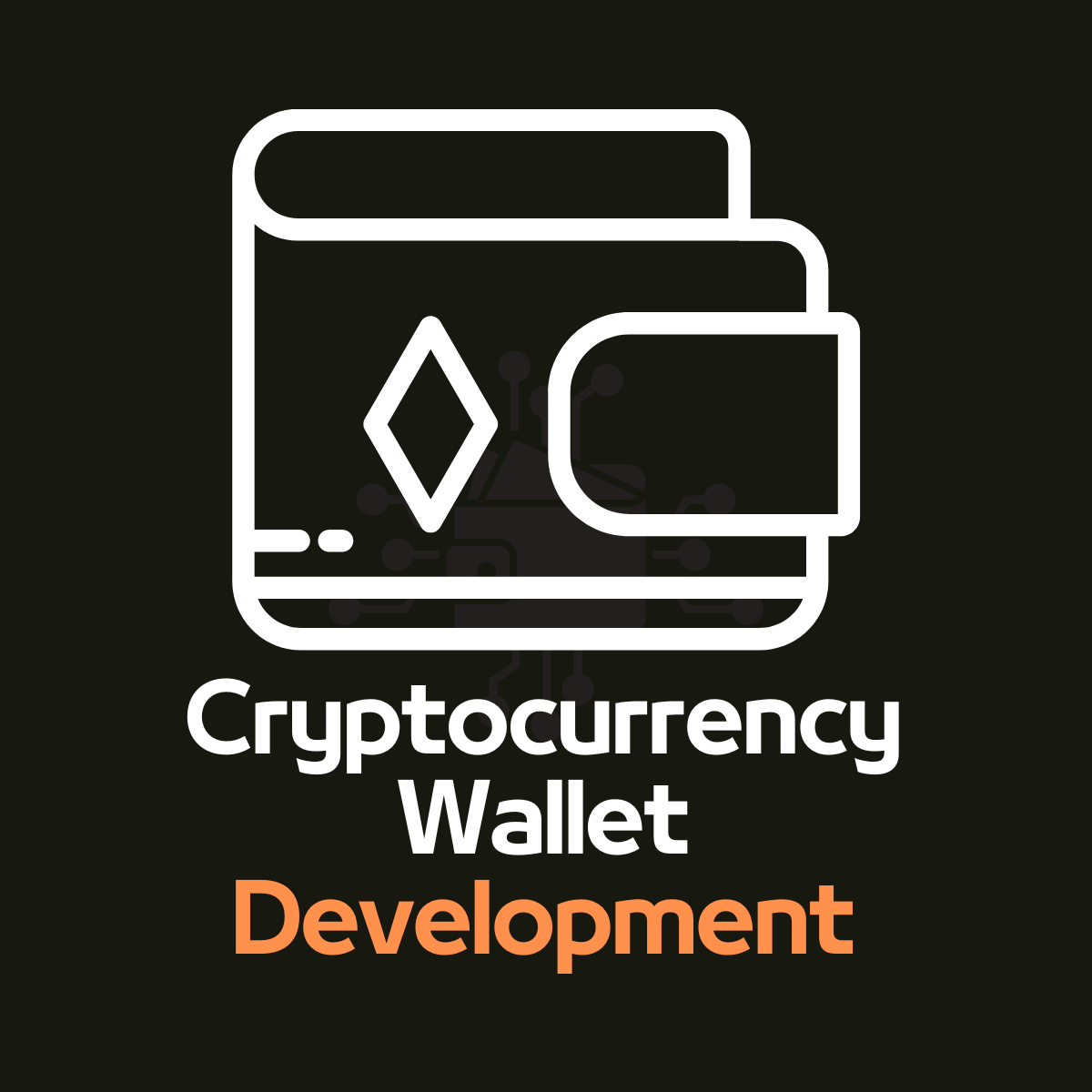

To learn more, consider reading other articles, blogs, and stories in this area.




















